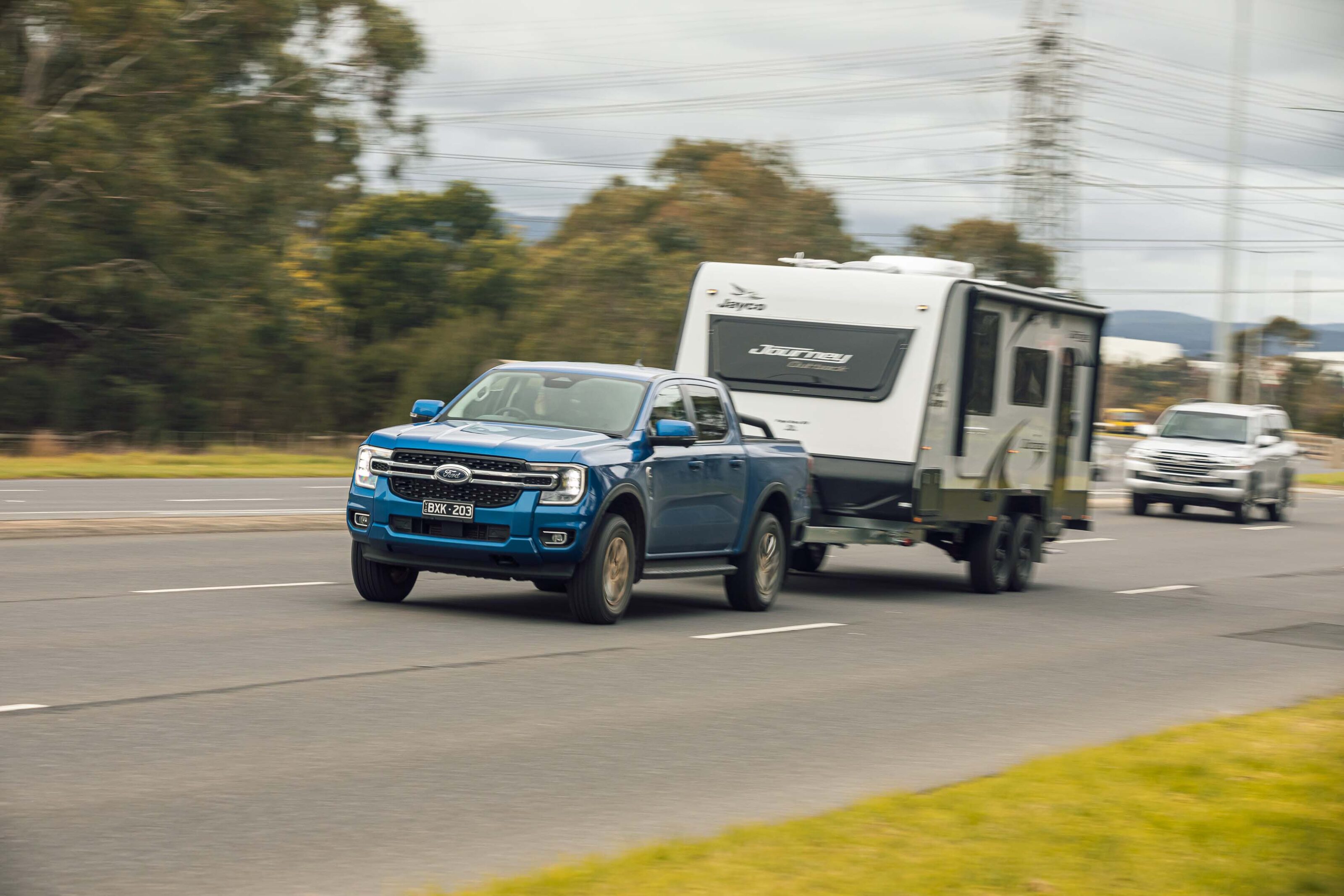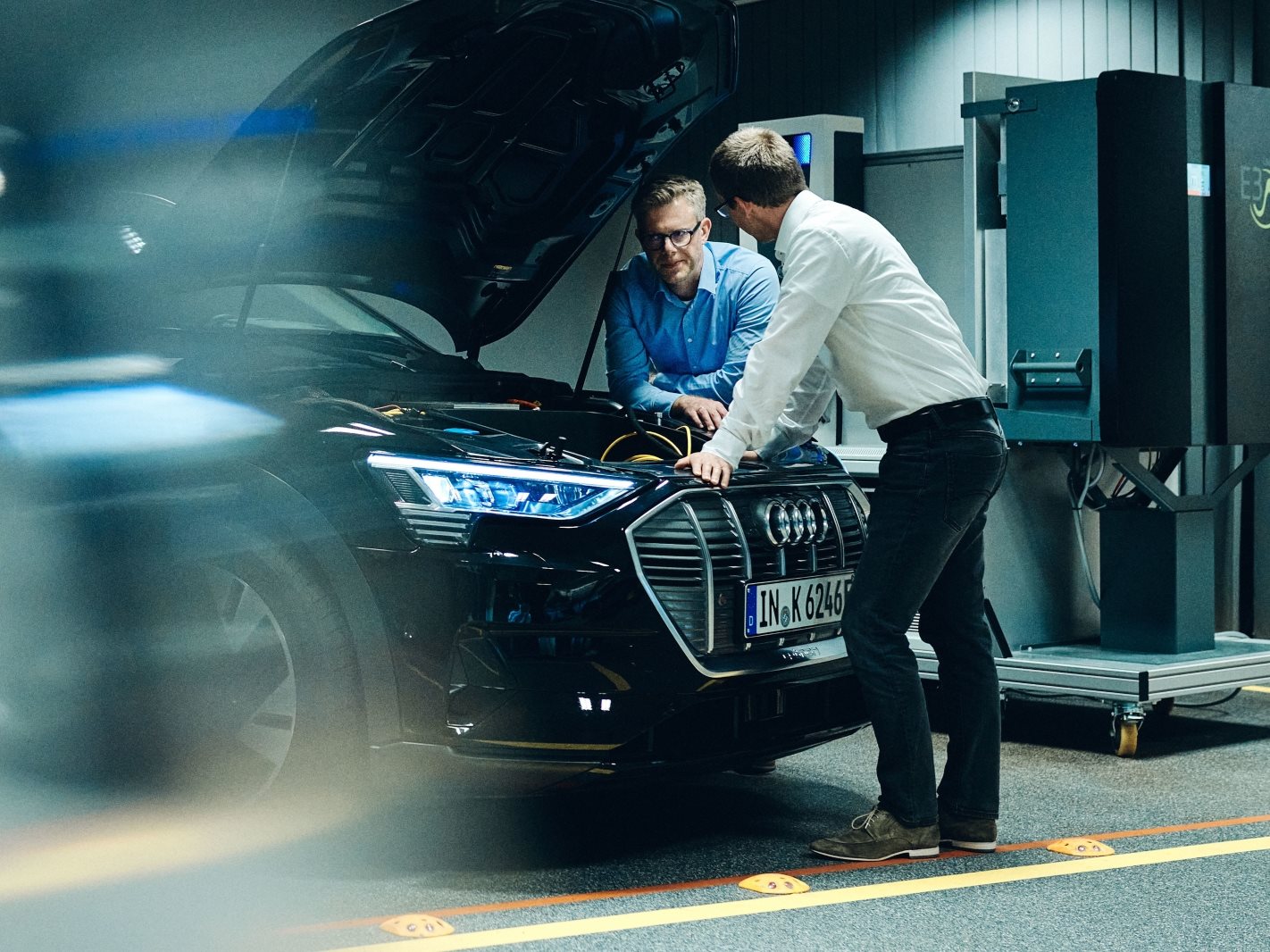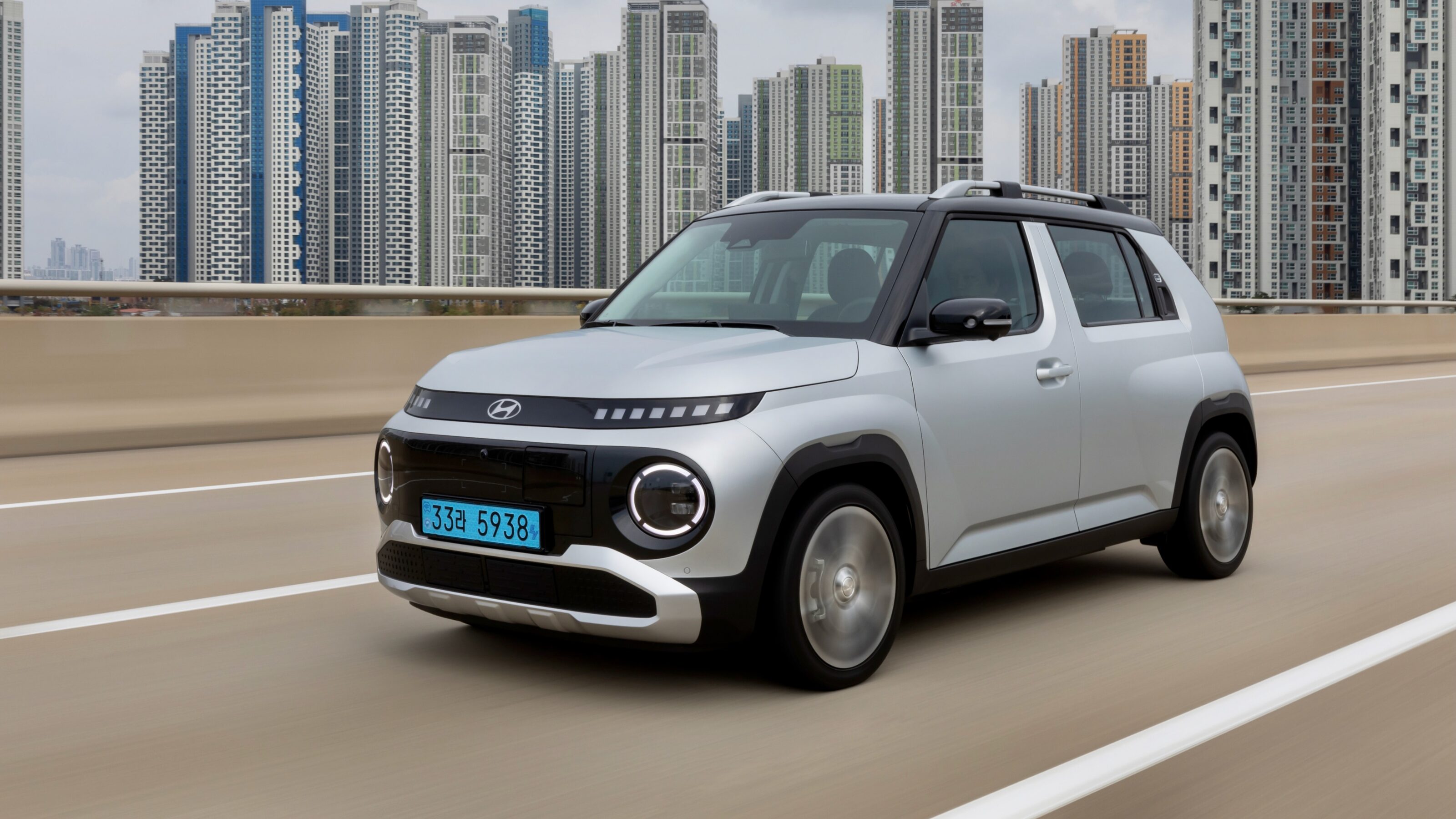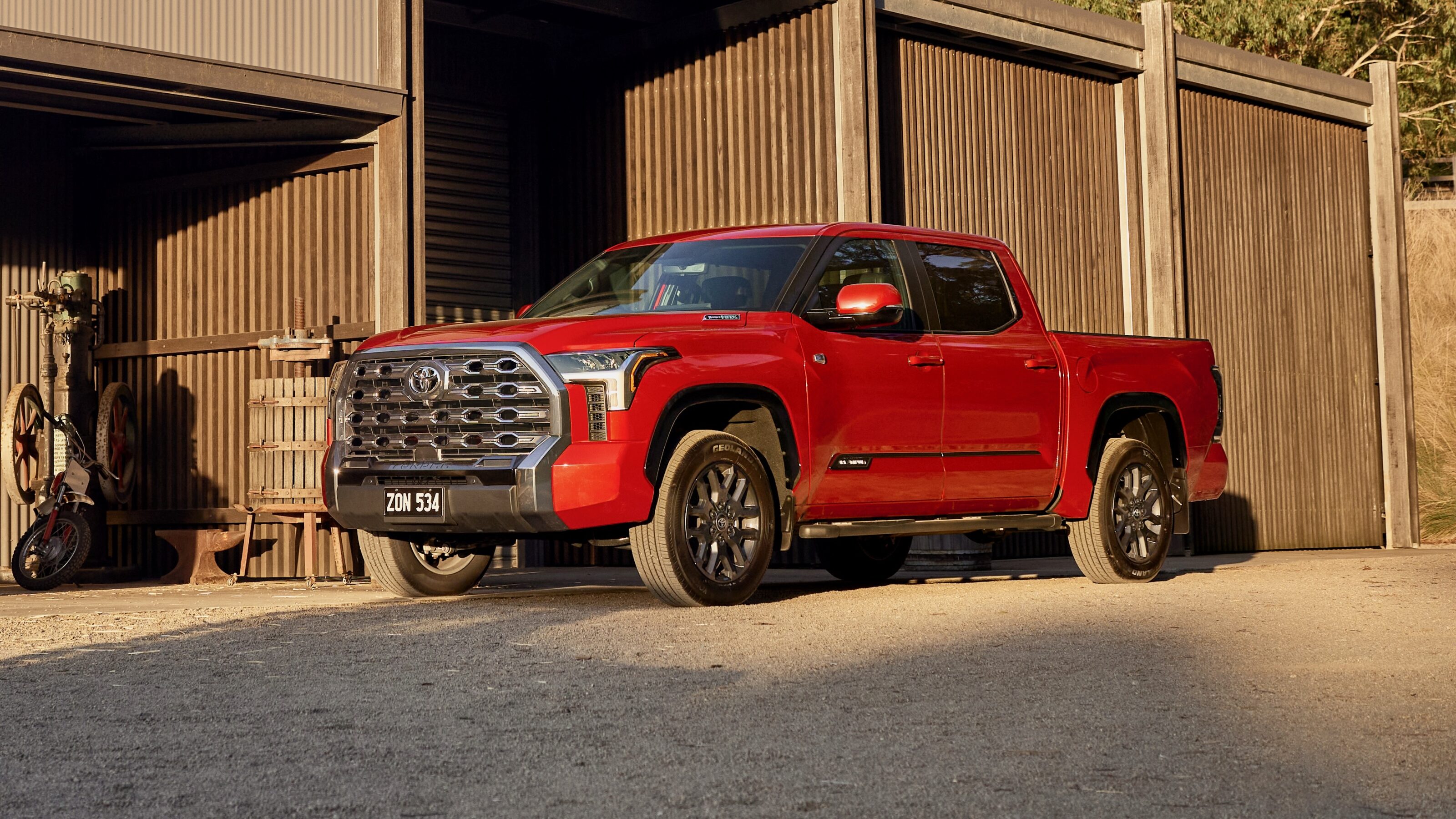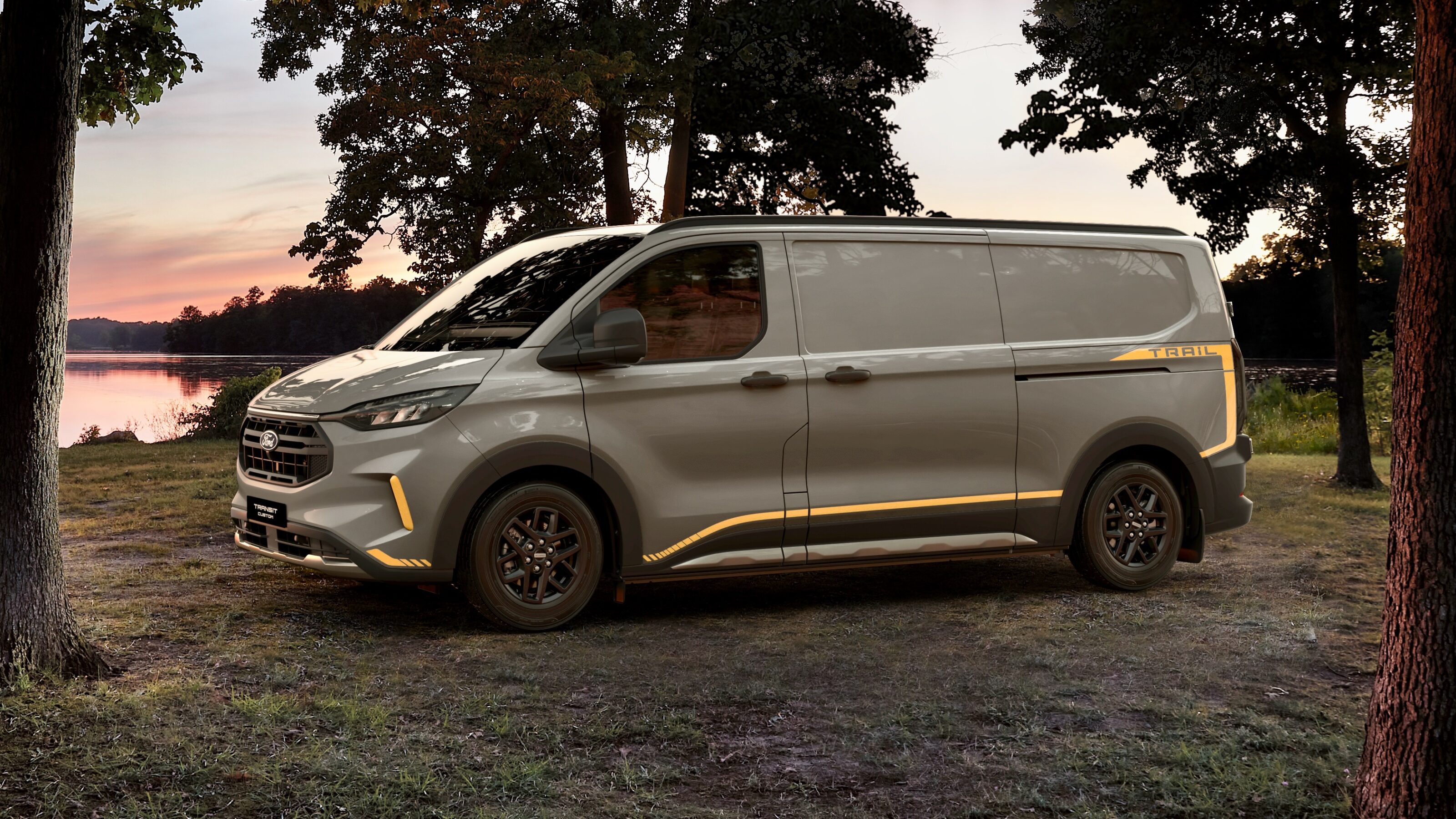Snapshot
- Many markets will need the advantages of ICE engines
- Engineering boss confident of long-term development
- Mustang already confirmed to stick with Petrol in 8th gen
Ford has confirmed that, despite significant ventures and investment into electrification and a growing EV family, its line-up will continue to feature petrol and diesel engines – indefinitely.
With three purely electric models now wearing the Blue Oval in various markets around the world, and a fourth imminent, Ford has committed to an electric future, but says many of its key markets are far from ready to give up combustion power.
Until the corresponding charging infrastructure and power networks are available to support EVs in all global regions, Ford will continue to develop, build and sell petrol- and diesel-powered cars where the local legislation allows, it says.
Not only that, but Ford’s sales of combustion-powered cars are providing an essential flow of funds to continue making inroads to electrification and ensure more EVs will follow the Mustang Mach-E, F-150 Lightning and E-Transit trio.
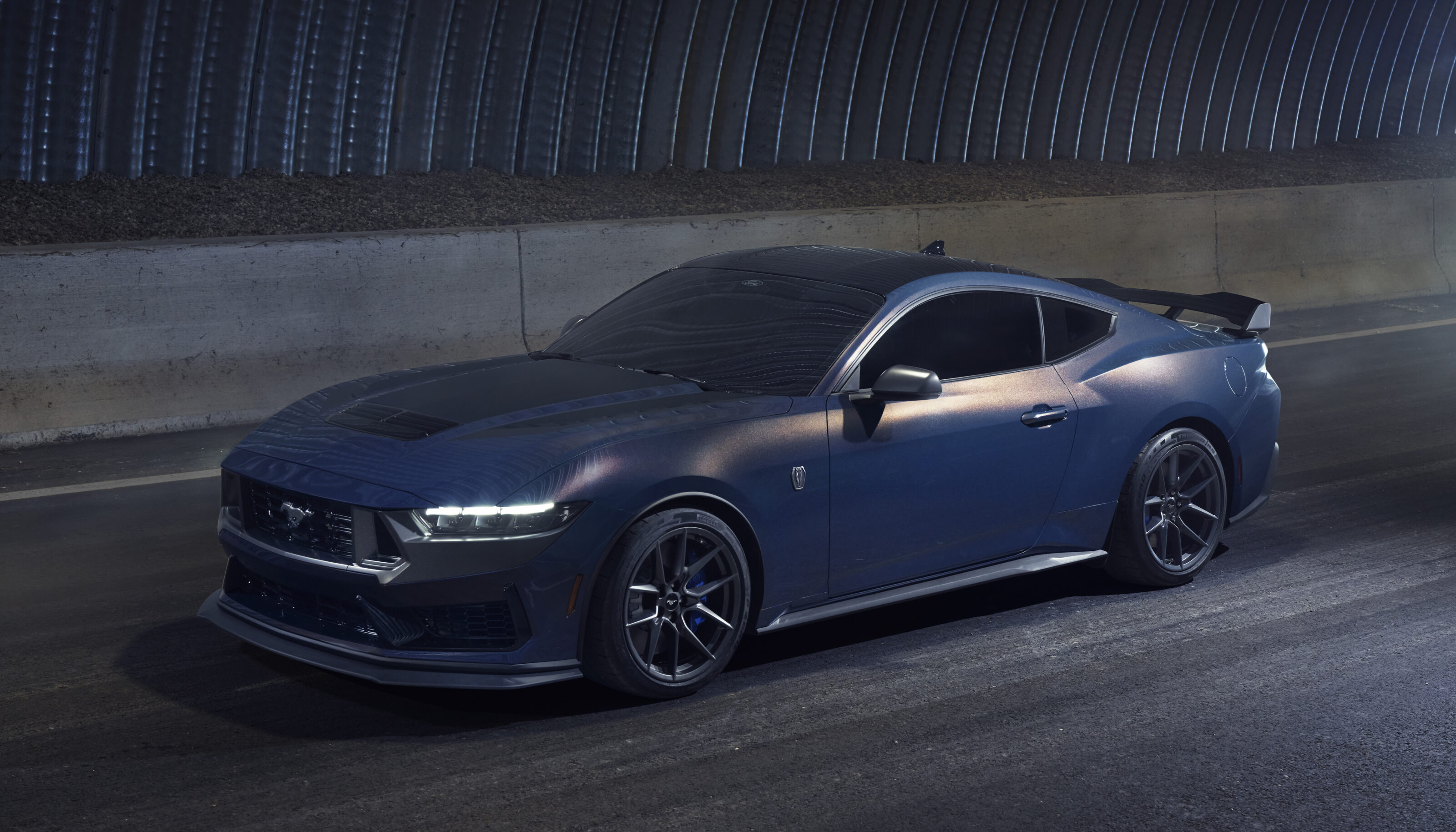
Speaking at the reveal of the petrol-only seventh-gen Mustang, Ford president and CEO Jim Farley said a complete transition into electric vehicles for all brands was simply not as straightforward as many brands were suggesting.
“Everyone wrote the story that EVs are the next cycle of our industry, but it’s not that simple really,” Farley said. “There are different customers who want different things, they have different duty cycles and there are 100 million vehicles sold in the world.”
As long as unique and specialised vehicle applications exist along with varying regional legislation and lagging infrastructure, petrol and diesel Fords are here to stay.
Speaking to media in Detroit, Ford global internal combustion engine (ICE) program vice president Trevor Worthington detailed the reasons Ford will not be closing the fossil fuel taps any time soon.
“For the longest time out into the future, there’s going to be a need for the ICE business,” he said. “ICE customers have very unique requirements, whether it’s off-road, whether it’s family travel over long distances, whether it’s commercial vehicles that tow. There’s always going to be these cases.
“But if you look at China, Europe and the US, outside of those three markets, ICE is going to run a lot longer. I can’t imagine a lot of those countries, governments are going to have the money or desire to put charging infrastructure (in) so we’re going to have to do other things.”
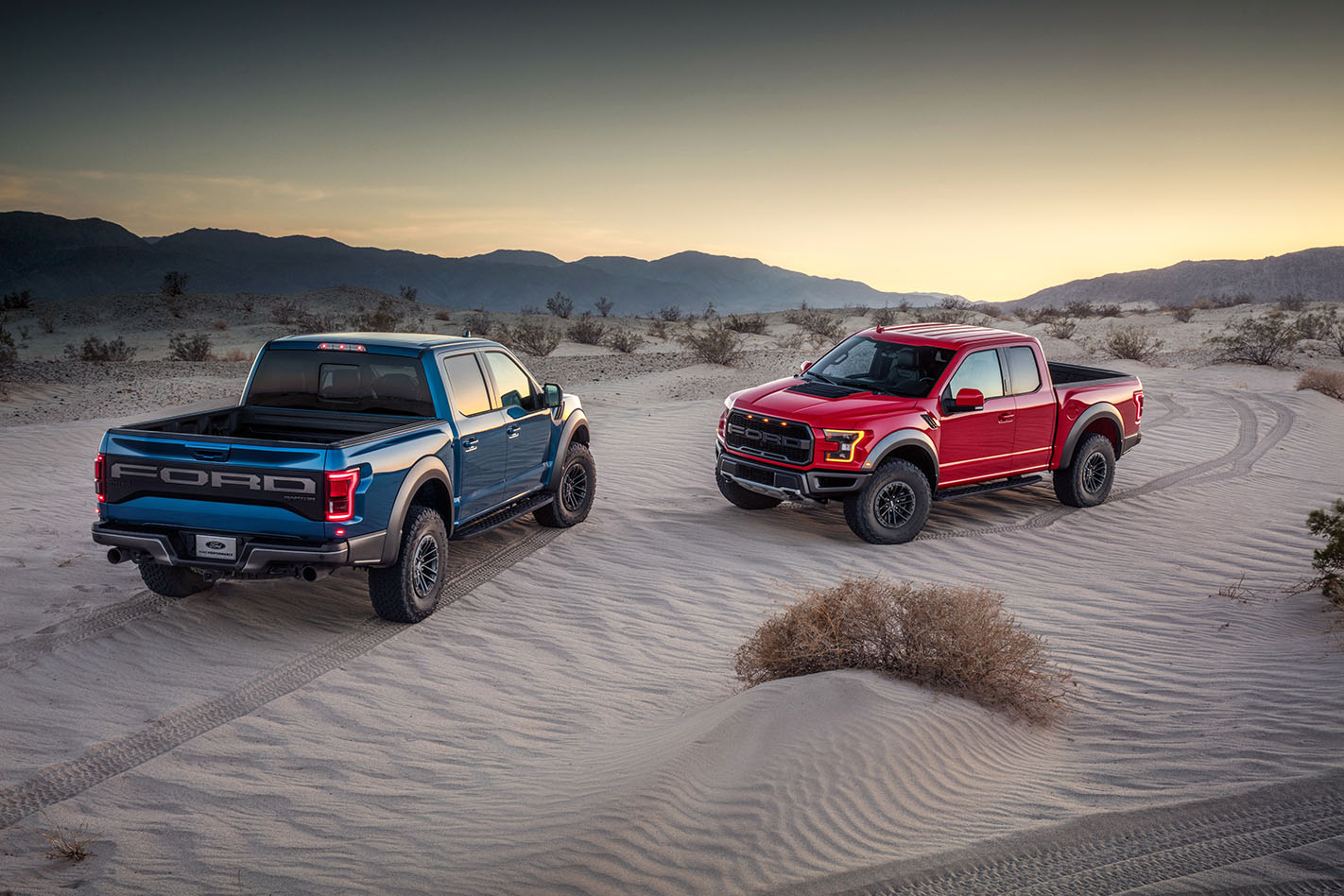
Aside from the various regional challenges preventing the widespread introduction of EVs, Worthington highlighted the fact that developing electric drivetrains and completely new models is an expensive business, and a significant source of revenue was critical for it to continue.
“The money that needs to pay for this transition, creating the BEV vehicles, we’re (ICE vehicles) the ones that are generating that money. Not only do we need to generate money to reinvest in the ICE business, we’re creating the ability to spend the 50 billion dollars that we’ve announced we’re spending on the BEV business.”
Ford’s distant preview of its future line-up differs greatly from some of the premium players, many of which have already slated end dates for combustion models – in many cases to coincide with government imposed bans on the sales of ICE cars in native markets.
Jaguar, for example, has committed to and electric-only vehicle line-up from 2025, while Rolls Royce, Mini and Bentley will do the same three years later.
“That’s going to continue for a lot of markets well beyond 2030 because different markets have different views of incentives, infrastructure and our customers have different views of how they use their vehicles.
“You’re going to see countries legislate for an end date and Europe is in the process for doing it in 2035. If you look at commitments that countries have made about the size of the carpark and what they would have to do to put a ban in to deliver it, it’s probably inevitable that more countries are going to drive towards an end date.”
As a statement of intent, earlier this year, Ford split the company into two halves with Ford Blue focusing on increasing efficiency of combustion engines, while Model e tracks the company’s path into electrification along with its Pro electric commercial vehicle branch.
But despite the sizeable investment in the EV chunk of the company, Worthington said Ford’s activity in the petrol and diesel space was far and away the biggest spend.
“A vast majority of the money we’re spending now is still in the ICE business. It is incredibly important to us and even with markets that are quite quickly transitioning to BEV, they’re transitioning in a way that still relies on an underpinning of ICE vehicles.”

That’s why, despite 30 years on the books, Worthington believes his role fronting Ford’s combustion engine initiatives has never been more relevant.
“The role I have now is, to some extent, even more important now than what it used to be. The focus now is A. how do we solidify what we’re doing but B. look to new opportunities to expand the business and make ICE more successful but also to generate the profits to do this.
“I won’t be working in this business in 2040, but I would expect there will still be lots of places that are still selling ICE vehicles.”


